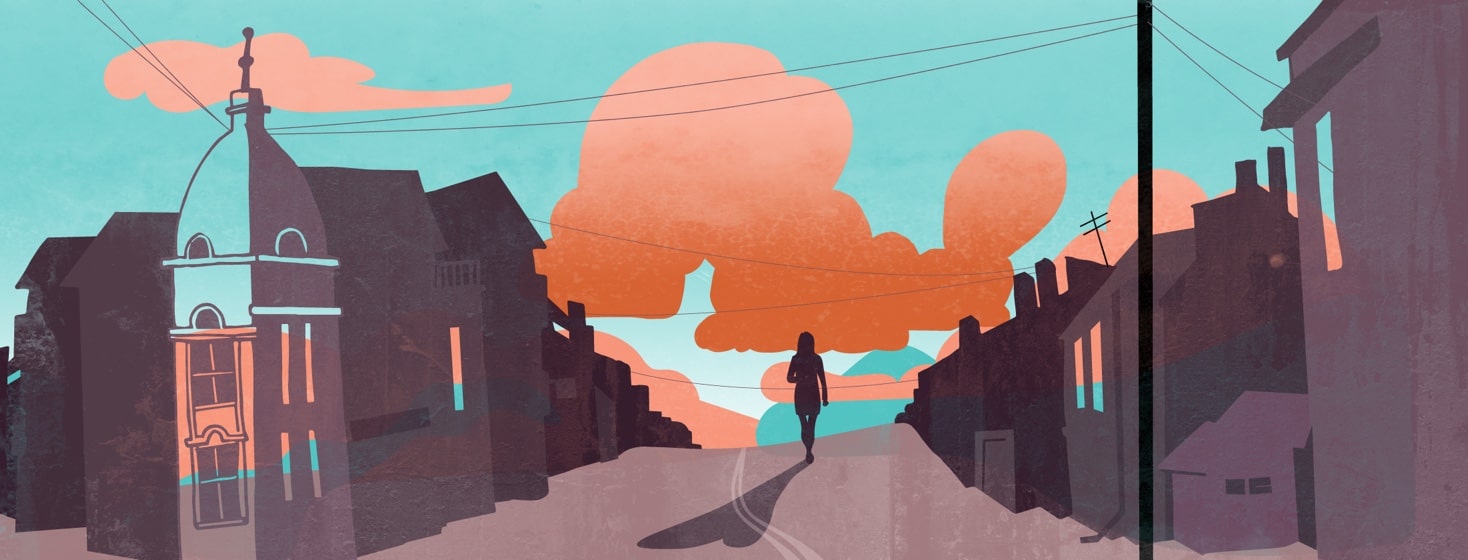Talking About Death
I think and talk about death a lot these days.
That freaks a lot of people out.
Especially those people who are the closest to me.
But the specter of death looms large for those of us living with a terminal diagnosis. The feeling of invincibility or even just the ability to think of death as something very far away, are missing when you hear the words, "2-3 year median life expectancy."
I vividly remember being told and immediately thinking that I wanted to spend as much time as possible with my children. I think that being told you don't have much more time can be extremely helpful to clarify priorities. The chaff falls away and the wheat that is left is what is the most important, or maybe reveals something specific. What that is, I'm not sure, but I do know that no one in this position is ever the same.
What can be done with this?
For anyone who knows me, stewing in uncertainty or wallowing in emotion, any emotion, is just not my style. I'm a do-er. When news, any news, has been delivered and I've had some time to adjust, then its time to get down to business, to review what must be done next.
What needs to be done next?
For much of my adult life, I had 4 grandparents in my life. All four of them were at everything. They showed up to recitals, games, swim meets, graduations, birthday parties and any other event you can think of. They babysat us and we spent many a holiday in their homes. When they began to experience illness and we lost both of my grandfathers, I noticed things they did differently. I noticed who had a more difficult time after the death occurred. I noticed and I made notes.
The most impactful thing I saw was how my paternal grandmother was able to simply show up for the funeral. My grandparents had planned everything in detail and paid for it all, so my grandmother didn't have to guess or make any significant decisions. Yes, there were details to be ironed out but I saw no greater gift of love than the gift of planning ahead. They talked about what they each wanted and then they took care of that, while they were still functioning well.
For me, that's a goal to aspire to.
Preparing for death
Given my life experiences and watching those who have died in my family and amongst my circles of friends, I've had to adjust my own perspectives. As a result, here is my list of things that need to be considered, in my view, to be prepared for death:
1. Think about and visualize your ideal death
Is it in the hospital? Home? Outside? Are you surrounded by a large crowd? A few people? Are you in pain? Are you aware of what's going on? Is there music playing? Essential oils? Is it dark? Once you've spent some time thinking about it, write it down. If you don't feel you can have these conversations with anyone, at least write it down and leave the instructions in a safe place accessible to someone you trust to carry them out.
2. Prepare the legal documents necessary to affect your vision
"Advance directives" is the fancy legal name for the documents a person can execute to give direction to loved ones while a person is alive but no longer able to give direction. Executing these documents and ensuring that these documents are available to someone you trust to carry them out is super important.
3. Interview palliative and hospice doctors and agencies
How one dies is a personal decision that should be carried out and overseen by medical professionals you trust to affect your vision. Once you are in a place to put such plans in place, it is likely too late for interviews. This is a task for when you have energy and there is not yet an urgent need.
4. Review and revisit your plans as time goes on
No plan will be perfect all the time and your decisions may change as you observe others.
5. Plan and pay for your funeral.
Yes, I realize this is morbid and weird, but remember my paternal grandmother? Rather than having to make many many decisions right as she was grieving my grandfather's death, which was sudden and unexpected, she just had to implement the plans he'd already set in place. That's the best and most lasting demonstration of love we can give to our families.
Now that you've read my list, what would you add?
Is this realistic for you?
What is preventing you from preparing for death?

Join the conversation